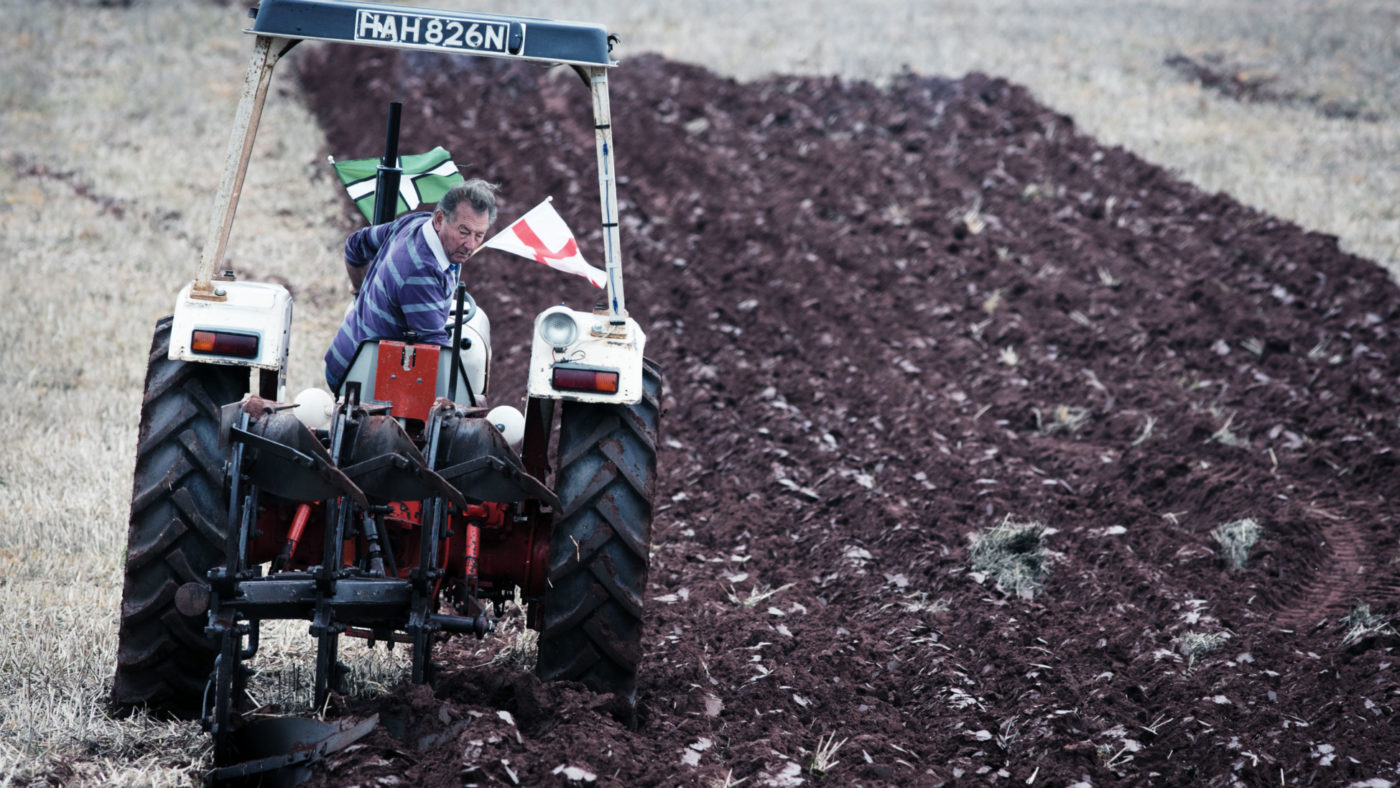The uncertainty that surrounds agricultural subsidies after Brexit is apparently hurting land prices. According to property consultancy Carter Jonas, the value in British farmland fell by more than 8 per cent last year. Michael Gove, the Environment Secretary, has pledged to continue EU-level subsidies until 2022. What happens after that remains unclear.
But this warning of the consequences of ditching government support for farmers unintentionally makes clear why, in a sensible world, they’d have no such support. Lowering the cost of agricultural land would be a good thing. In fact, we’ve no reason at all to want higher input prices in our production prices.
There will be the usual screams that in the absence of taxpayer cash being lavished upon them all the farmers will go bust. But that isn’t quite right.
The important thing to know is that the subsidy system these days is nearly all concentrated into the one acreage payment. This is gussied up with various claims of environmental management and so on, but is in essence just cash for land. Fortunately, David Ricardo told us how this works 201 years ago. A simple subsidy to land in this manner is equivalent to a rise in the rent that can be earned from it. We also observe this in how those subsidies get distributed between tenants and landlords – the landlords get it, either directly or through a rise in the rent they collect.
Ricardo also pointed out what would happen next. A rise in rental value leads to a rise in the capital value of that thing earning rent. So, the net effect of European Union farming subsidies, as they are, is just to raise the price of land that can be farmed, and nothing more. It doesn’t, simply does not, aid the farmers themselves in their guise as farmers, whatever the effect it might have upon them as owners of land. For, logically enough, the rise in the capital value will be connected to the interest rate, the rise in rent being equivalent to gaining more interest from some other capital asset. Great for those who currently own land. Terrible for those who would like to enter farming by buying some land.
Or, to put the same thing another way, the subsidy system just raises the capital costs of farming, the same thing as saying, as at the top, that we’ve raised input costs. We don’t, as a matter of course, cheer when the price of steel that we put into cars rises, the cost of bricks to make houses increase, or what must be spent upon cotton to fabricate clothes goes up. We see that these are things which make us (if we are not the producers of them) poorer. So it is with farming subsidies. They simply go to landlords as a rise in that land value and thereby make it more expensive to become a farmer – to our more general poverty.
Here we’ve the proof of this contention. Uncertainty about whether such subsidies will continue is reducing those land prices. This is a good thing – except for those who currently own land, of course, but really, who has ever wept over landlords losing out a bit?
All of which makes our post-Brexit farming subsidy system obvious enough. We can lower the cost of becoming a farmer by lowering that input cost of land. All we need to do is stop sending money to the people who currently own that land. Sounds like a bit of a plan, really. And given that this is pretty much all that we currently actually do to “subsidise” farming, doing away with this malpractice means that we’ll just stop subsidising the entire sector completely.
Britain’s future farm subsidy system should be not to have one. Precisely because of the new evidence on land prices, even thinking about that outcome lowers the price of farmland – and why on earth would we want that to be expensive in the first place? As long as we’re not landlords, of course.


